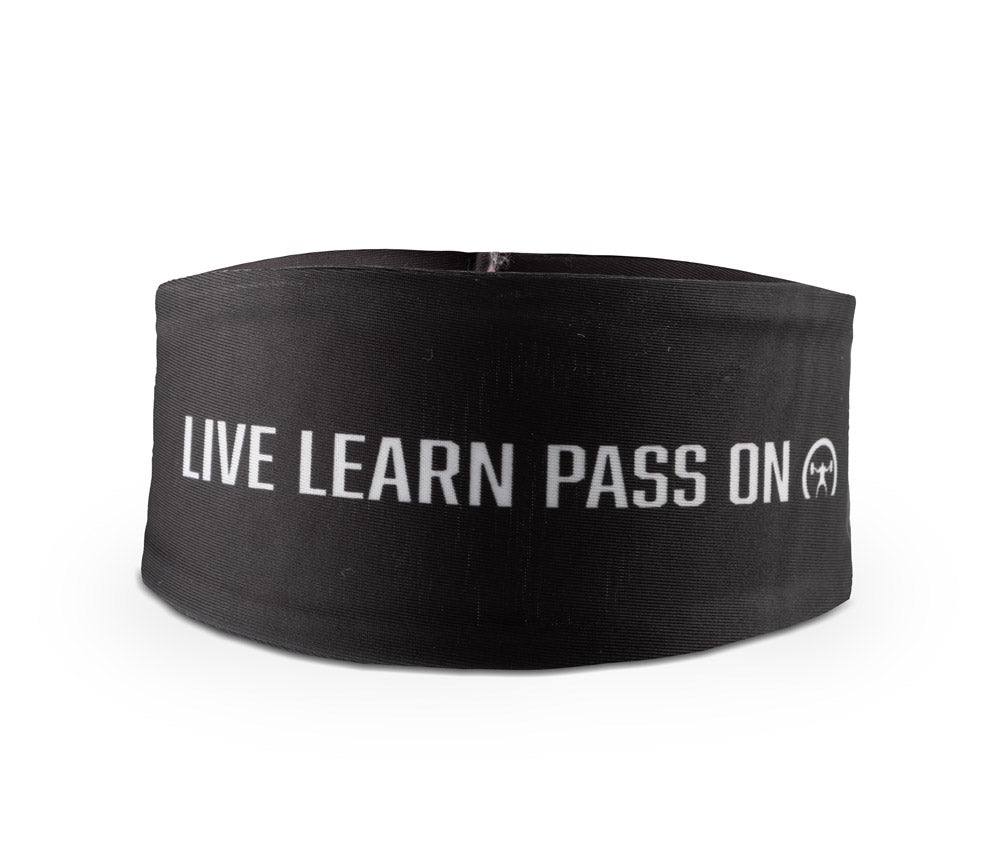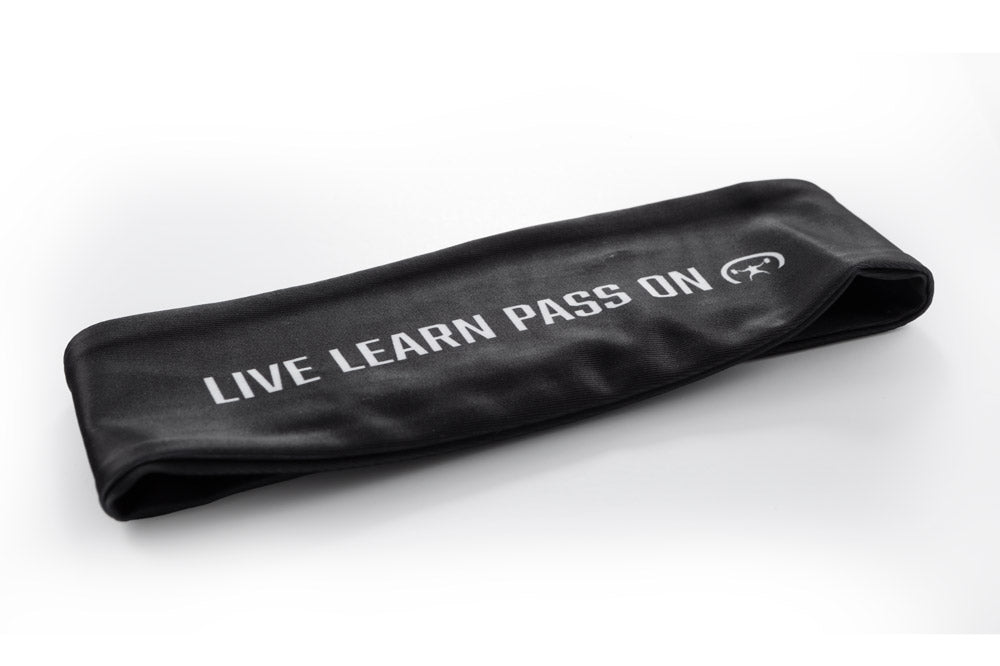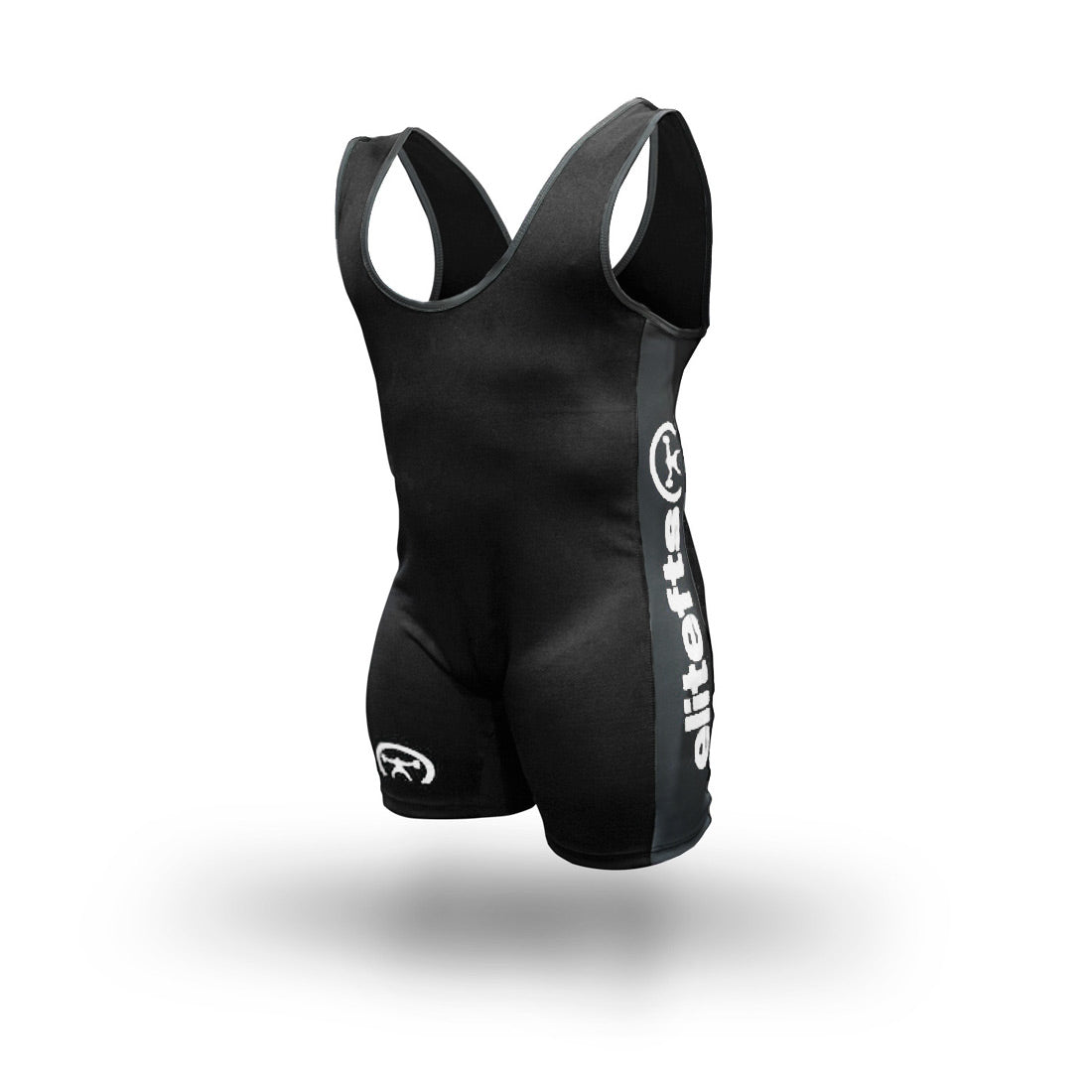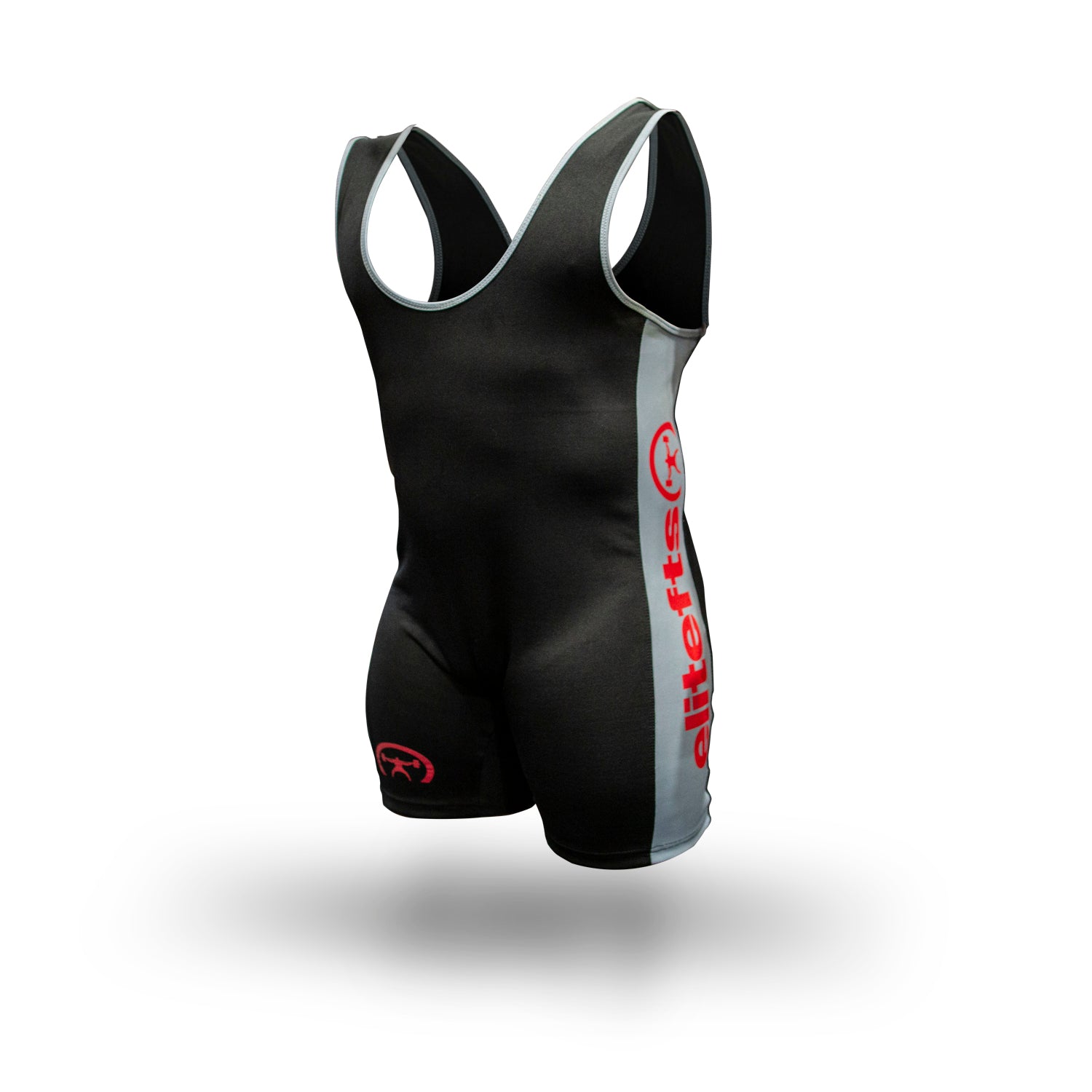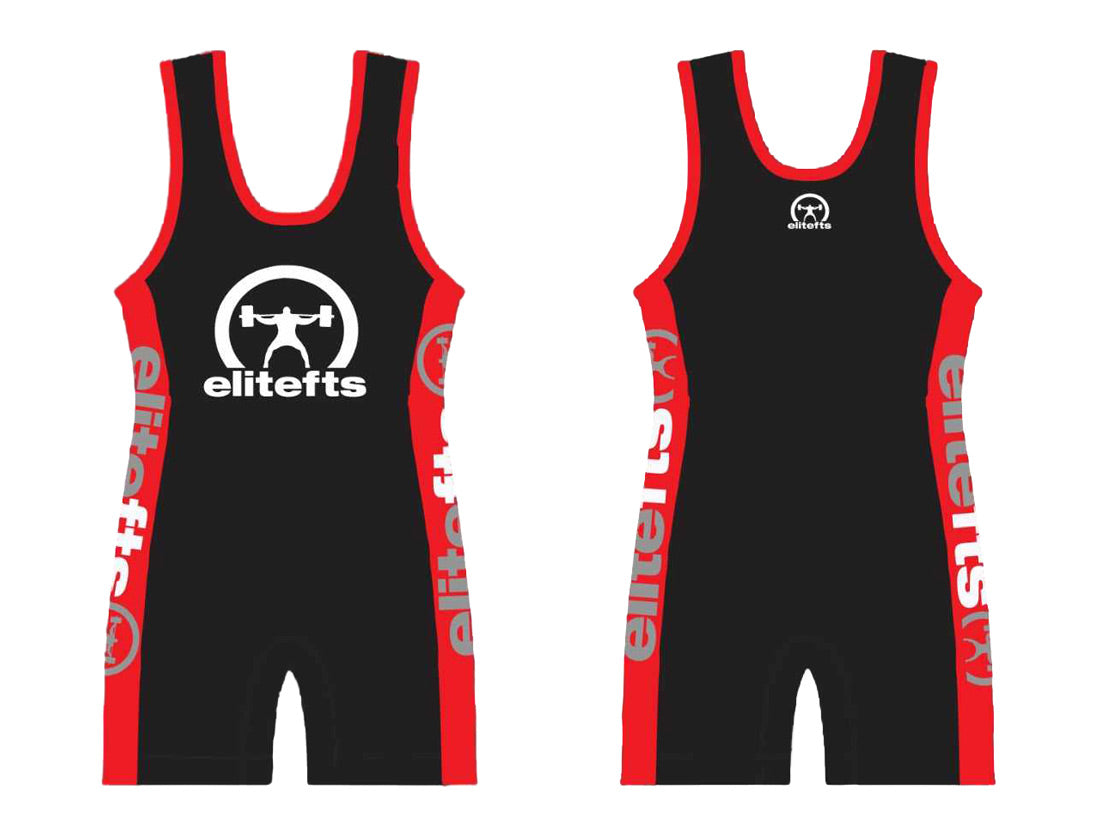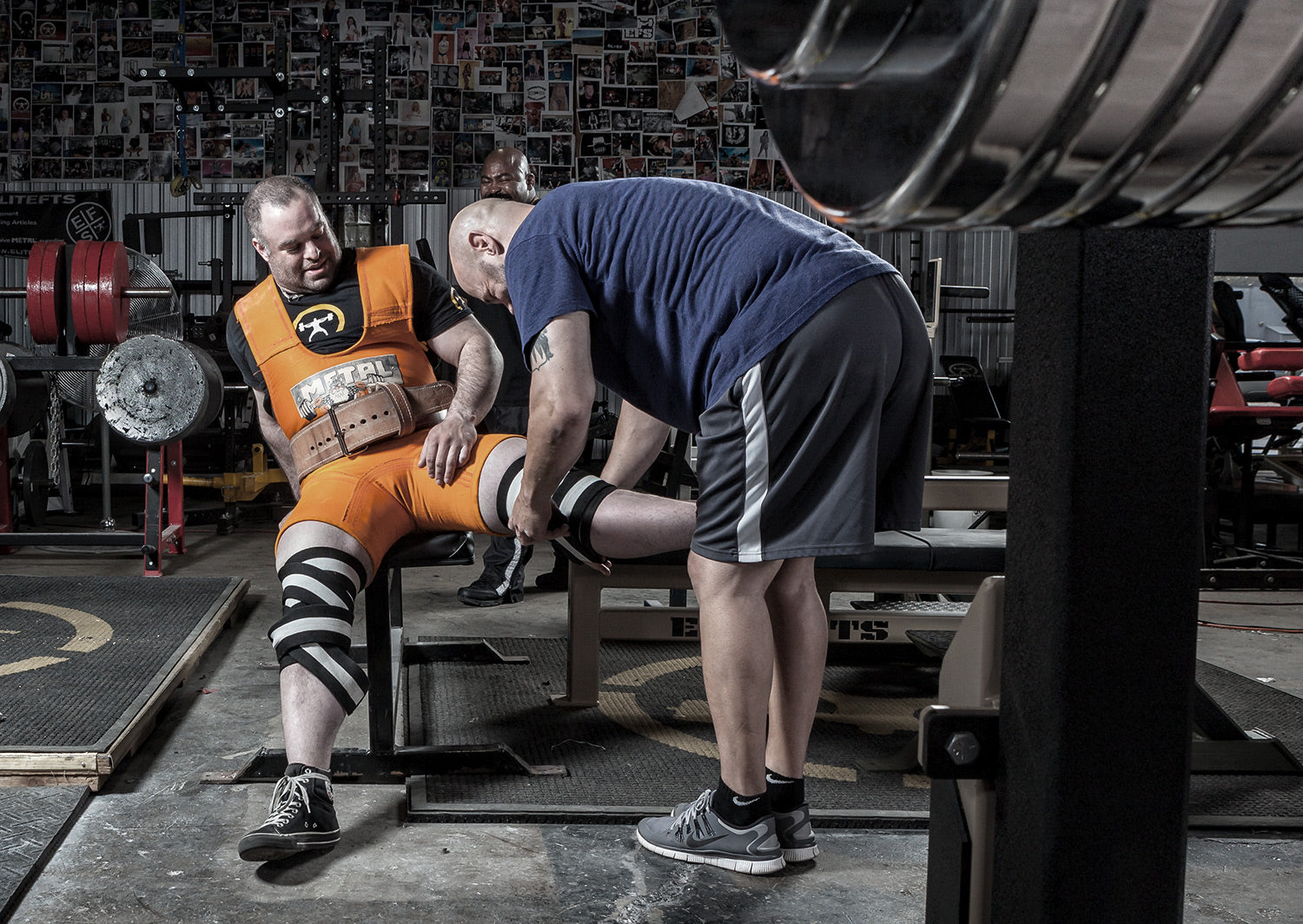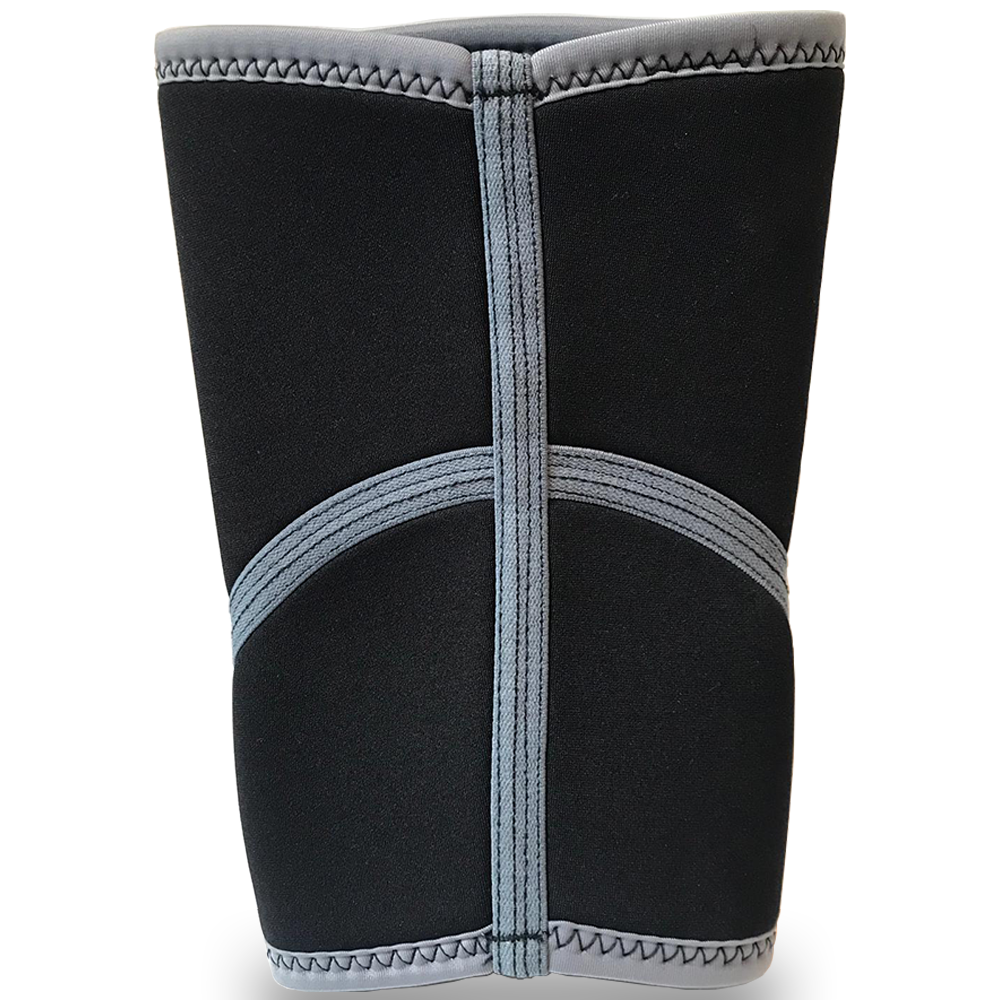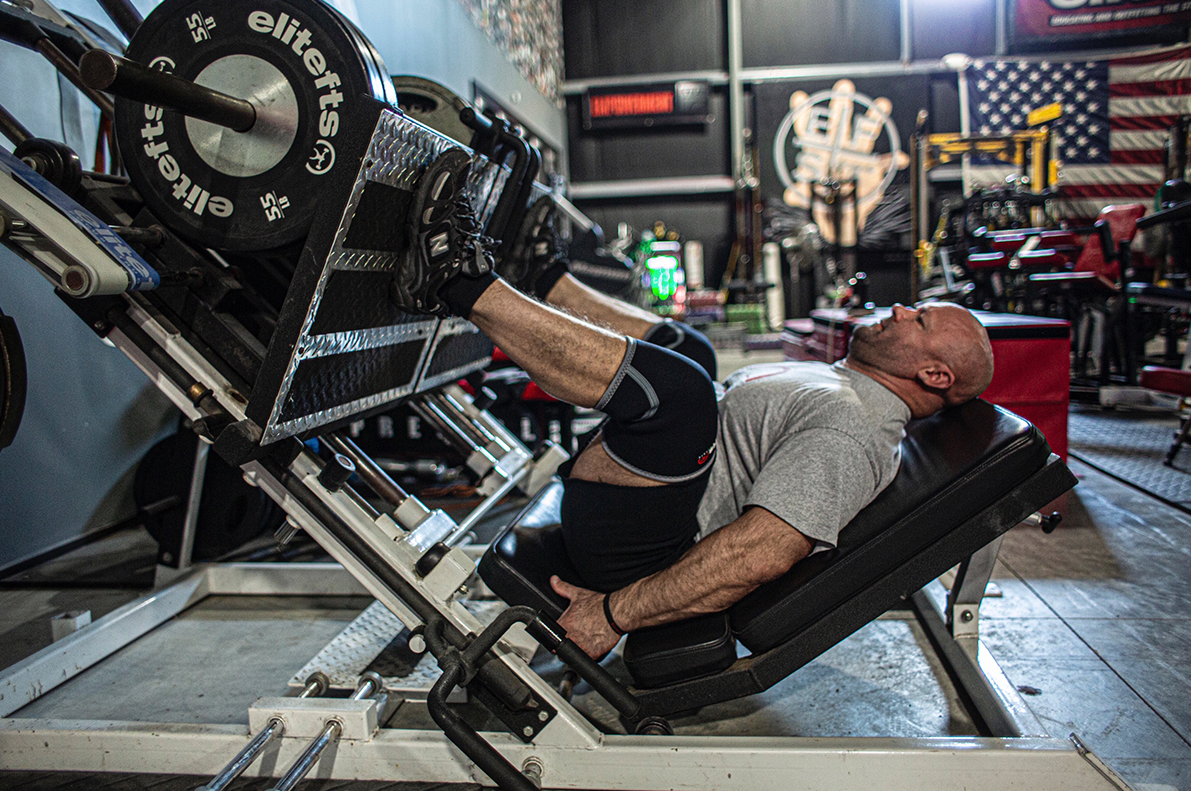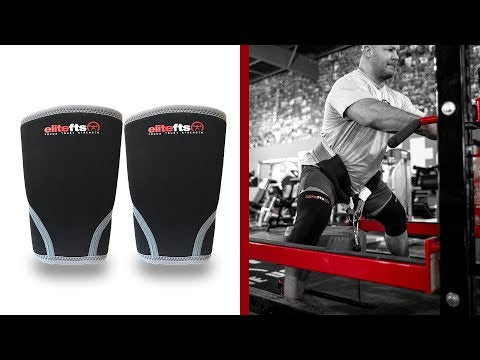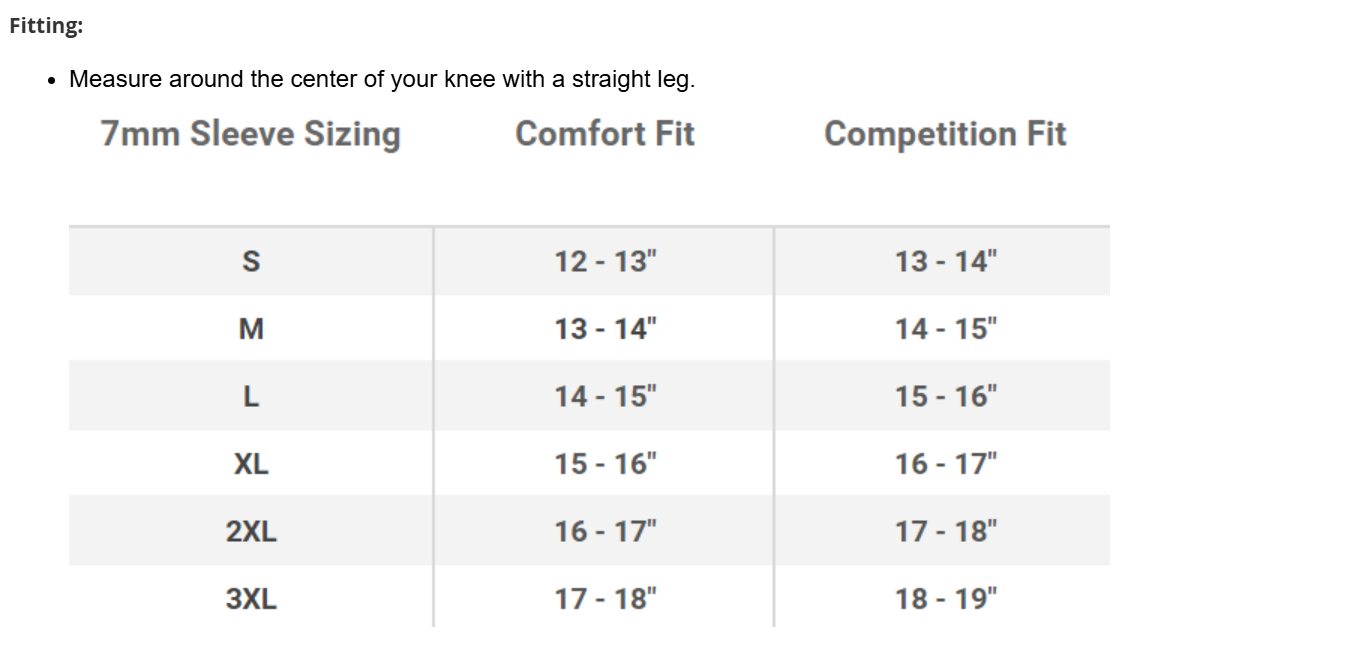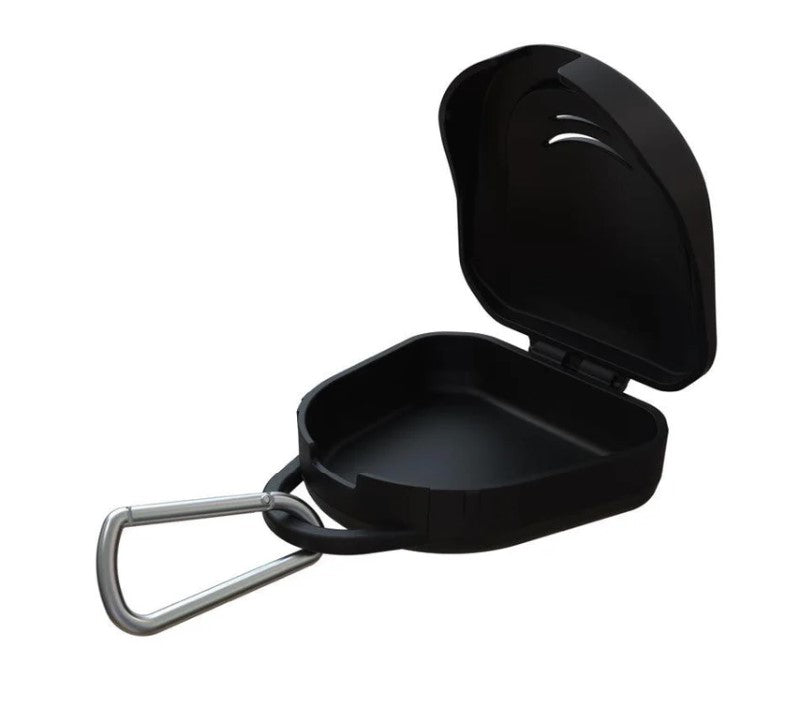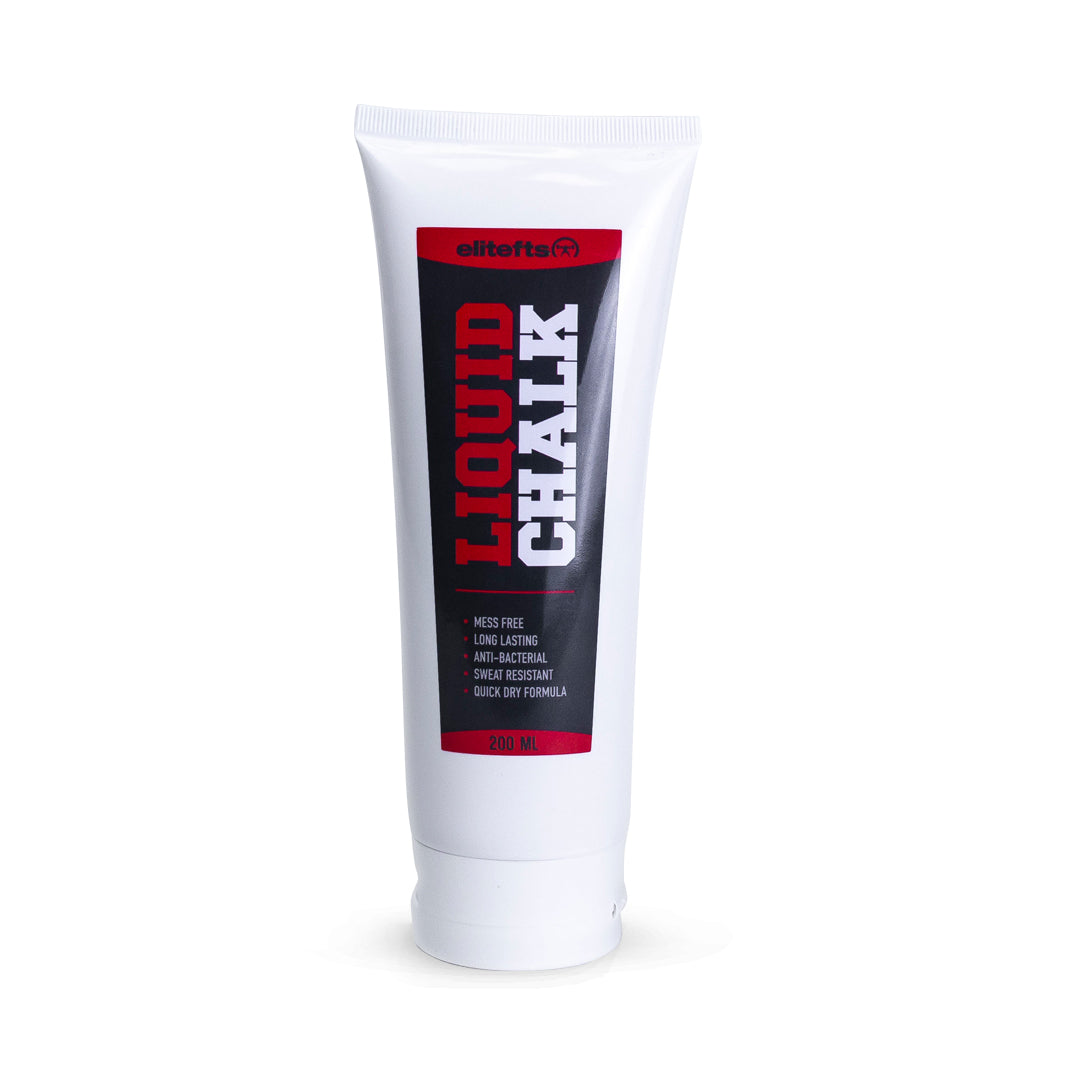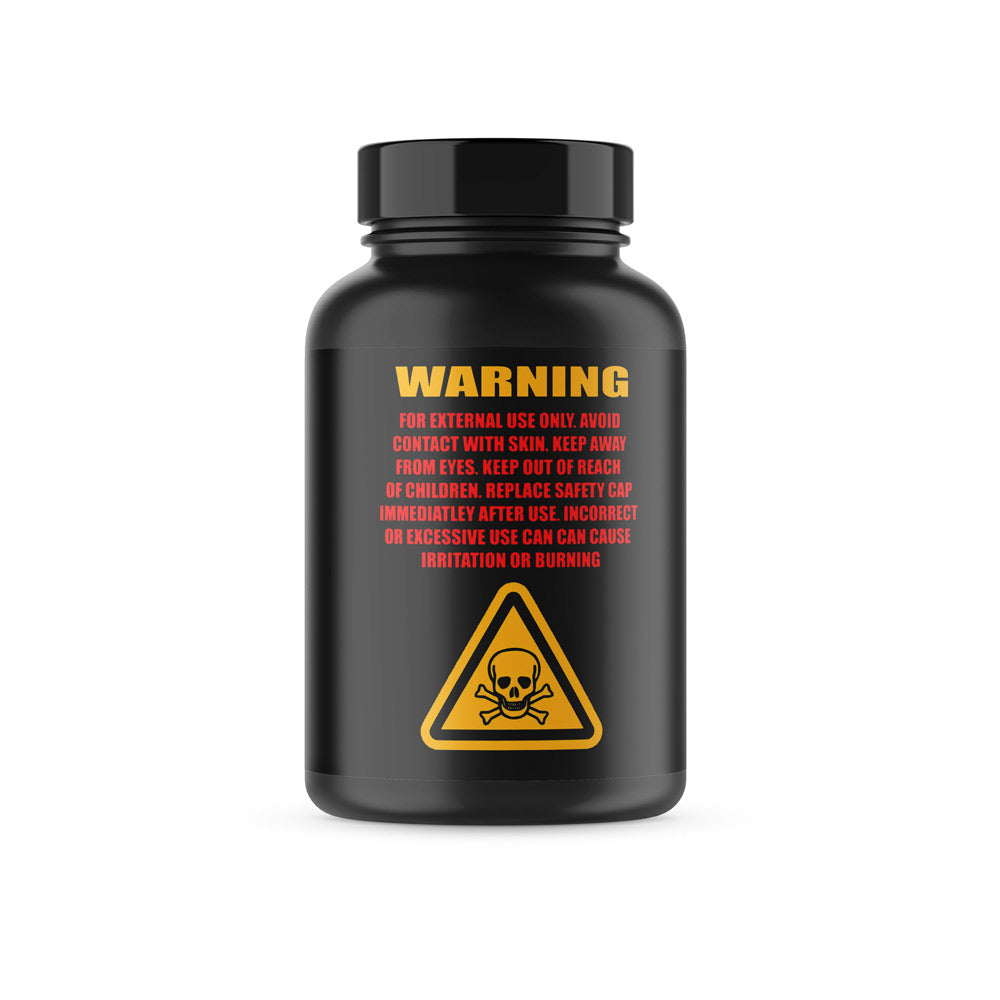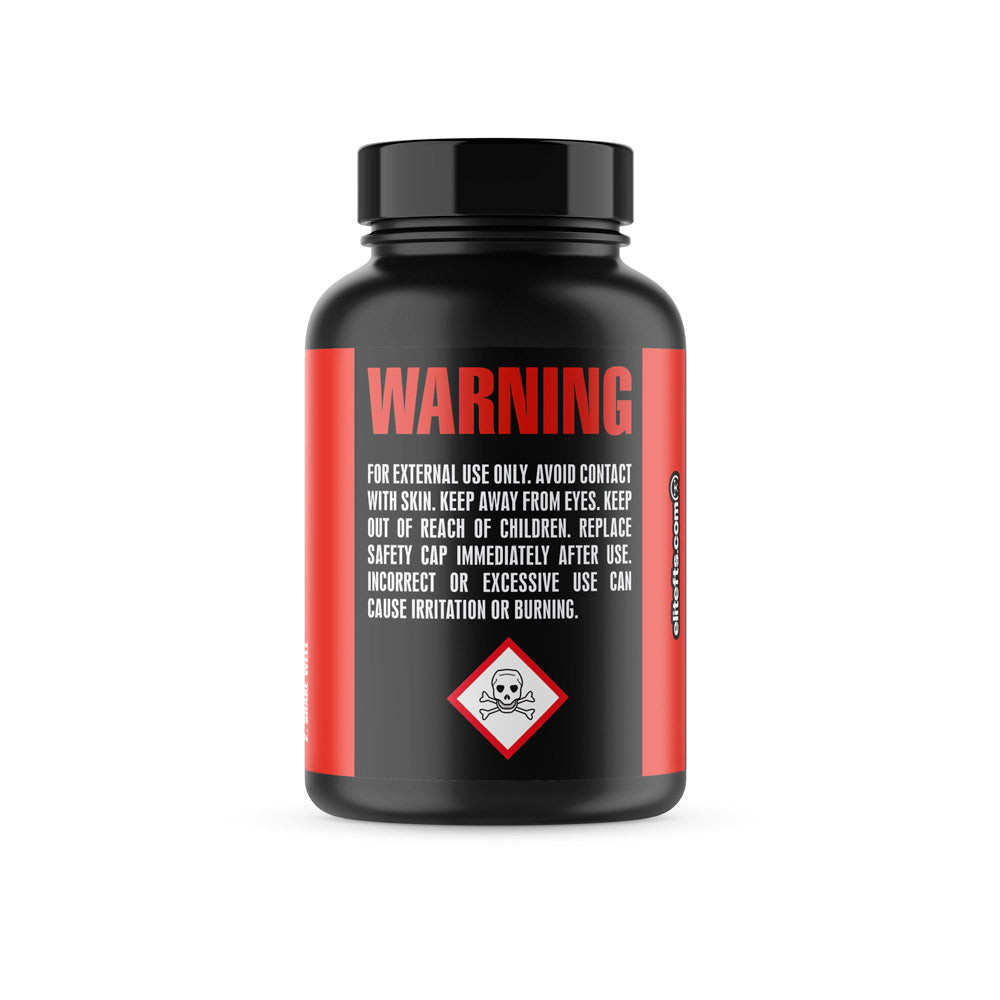It is inevitable that every lifter will, at some point, get frustrated with a lift. Maybe they will get stuck on a plateau or maybe they simply will not be increasing fast enough for their liking. They will feverishly look for answers to improve that lift as fast as possible. In their haste, stress, and, anxiety, they will listen to just about any advice, no matter how crazy it seems. Sometimes it is even their own crazy advice they choose to try.
We have all been there and will all be there again at some point. It is the nature of the beast, but luckily, the answer is pretty simple. Here are five basic tips to help improve and increase any lift that you’re having trouble with. Yes, any lift: the bench, the squat, the deadlift, the overhead press, etc.
RECENT: The Most Important Principle for Strength
1. Be Realistic
I know the world is all about instant gratification these days, but strength does not work that way. Even when things are going perfect, you can only gain strength so fast. Yes, this varies from person to person and situation to situation, but strength takes years and years to gain.I was one of the greatest lifters of my time, and it took some 10 years of
powerlifting just to reach the highest level. Not to mention the 14 years of
general strength training before that. In my first competition, I totaled 1,700 pounds, and 10 years later, I totaled over 2,700 pounds. I averaged 103 pounds a year on my total for over 10 years. This, of course, was spread over the three lifts, if you take the average that is roughly 33 pounds on each lift a year. Think about it. That is a 33-pound increase on my bench in a 12-month period.
I regularly hear lifters complain because they did not make a gain over two weeks or that they did not go from 315 to 405 in less than a year. Not to say you couldn’t do that if circumstances were perfect; I’m just saying in reality, strength gains come slow.
Keep in mind these are averages, too. Some lifts gain faster at times and then slower while other lifts gain faster. Sometimes lifts jump quickly, then gains do not come for a while. This is the way it works. If your squat is skyrocketing, but your bench is making lackluster gains, that is still great.
I am all for big dreams, but sometimes we have to pull our head out of the clouds and dig our feet in the ground in order to see how we really are doing.

2. Technique
When you’re stuck in a plateau or your gains are stunted, the best place to start is withtechnique. I am not talking about what you think you know about technique because of your high school football coach, what you read in a
bodybuilding magazine, or what some mediocre lifter at the
gym tells you. I am talking about the correct and proper technique for each lift; the technique that puts you in the strongest and safest positions to get the most out of your structure and muscles
WATCH: Table Talk — Best Ways to Improve Technique Without a Coach
Many times poor technique itself is the cause of slowed or ceased gains. Very simply your body is in the wrong positions and using the smaller, weaker muscle groups. Once you take the time to address these technique issues, the gains come again. A secondary part of understanding proper technique is that it better allows you to see and understand which muscle groups are strong and which ones are weak. This leads me to Number 3.
3. The Weakest Link
You’re only as strong as your weakest link. In most cases, lifters tend to see this from a muscle or muscle group standpoint. This is very true because of the weakest muscles used during the lift limit the amount of weight we can lift. Maybe your upper back can bench 600 pounds and your anterior delts can bench 575 pounds. Maybe your lats can bench 585 pounds, but your triceps can only bench 525 pounds. Well, what do you think your full bench is going to be? It is gonna be 525 pounds. Focus on picking up those triceps, and your bench will increase. If you continue to ignore the triceps while focusing on all the other muscle groups, your bench will stay at 525 pounds. Or if you’re lucky, maybe grow very slowly. What is the best way to figure out your weakest link? Learn, understand, and execute technique!Don’t get stuck in thinking the weak links only refer to muscles. Strength training and lifting are living, breathing beasts with many parts. Any of these parts can be the weak link and therefore are limiting your gains or the rate that they come. A weak link can be your sleep in terms of duration and quality. It can be your recovery training. It can be your nutrition. It can be your mentality. It can be your dedication. So on and so on. Every part of the beast must be functioning in conjunction with every other part. Even the seemingly smallest part can stop the whole machine.

4. Insanity
Not sure what to call this one, so I chose insanity. I did this because of the saying, “The meaning of insanity is doing the same thing over and over while expecting different results.” I get many lifters who ask me how they can increase a lift or how to get past plateaus. I turn around and ask them what they are currently doing about it. Many times the answer is nothing. If they are doing something, it is usually training harder and more often. This is like beating your head against a wall because you don’t understand something. Doing that sure as shit is not going to help you understand anything better!
LISTEN: Men of Strength Sports Performance #3: Dr. Brandon Harris
The irony is that lifters who should actually train harder or with more intensity will never think to do that on their own because they are rarely that aggressive about training. The lifters who should probably try backing off will rarely come up with this idea because they are aggressive. Not to say that backing off is the right answer, but damn, why do almost all driven lifters jump immediately to training harder and more often?
My biggest point here is that if you’re stuck, then try something new — anything new. Change things up, but try to do it with some intellect. If your bench is stuck, don’t jump to benching more often right off the bat. Maybe take a week or two away from benching. Maybe add or switch to some dynamic work. Maybe take a few weeks on higher boards or at your sticking point. Maybe throw in some AMRAPs instead of maxes for a while. Maybe don’t bench for a few weeks but throw in a heavy movement that simulates the bench, like a decline or incline. There are an infinite amount of scenarios here. The point here is that if it is not working and you change nothing, then the results will not change, either.
On the flip side of this are the lifters with training that is actually going amazing, but for some reason, they don’t see it. These guys hit the jackpot of training, but it is not good enough for some reason. This is where Number 1 comes back into play. If it is working, then don’t eff with it. If you’re making solid, realistic gains, then ride that bitch for as long as you can. Trust me, it will eventually slow, and you will have to find new ways to start making gains again. When it is good, enjoy it, and if you must contemplate new training ideas, write them down so you have them for later when you actually need them.
5. Recovery
This is Number 5, but do not underestimate its importance. We break ourselves down training in the gym, and we get stronger when we recover from training in the gym.Recovery is not a passive thing we have no control over. In fact, we have an enormous amount of control over it. We can do recovery training sessions. We can control what and how much we eat. We can control how much and what activities we do outside the gym. We can control the quality and the amount of sleep we get. We control what modalities we do. We should put just as much intensity into our recovery as we do our training. So many lifters jump to their training first when they hit plateaus, but they would do much, much better looking at their recovery first.
RELATED: Troubleshooting Strength Injuries: Warning Signs of Injury
Strength training is a long journey filled with many ups and downs. Sometimes the gains will come fast and strong, while other times, you would kill for just a one-pound PR. Sometimes one lift will be climbing to the clouds while another lift is dead in the water. Strength is a sport of attrition because strength does not come quickly, and it will test you like nothing else.
The lifters who make it to the highest level have stayed the course and weathered the most difficult times. Strength will try to wear you down and break you up before it will give you anything. Know this is the case and understand you must use your intellect along with your body. Build an iron will that outlast the iron itself!














